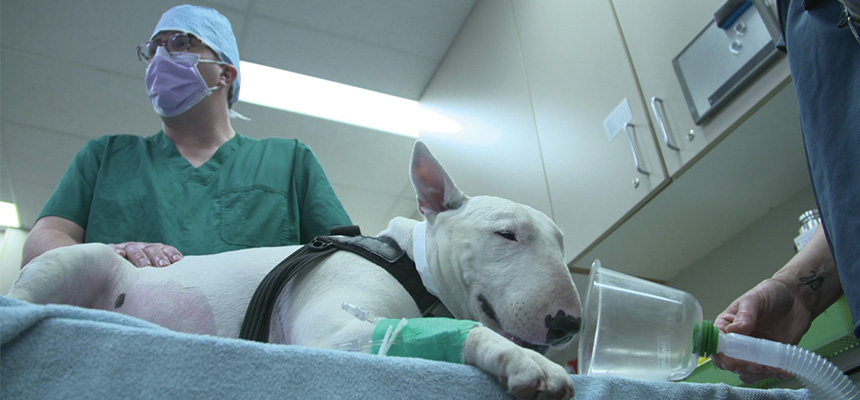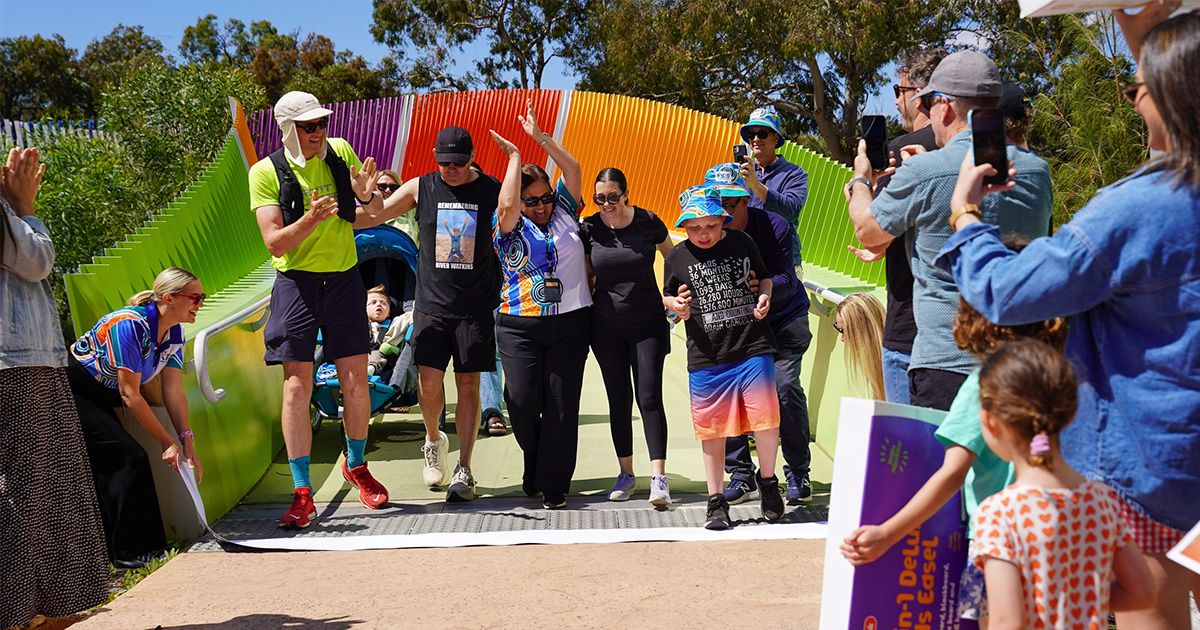Search
Research
Clinical Implications of Minimal Residual Disease Detection in Infants With KMT2A-Rearranged Acute Lymphoblastic Leukemia Treated on the Interfant-06 ProtocolInfant acute lymphoblastic leukemia (ALL) is characterized by a high incidence of KMT2A gene rearrangements and poor outcome. We evaluated the value of minimal residual disease (MRD) in infants with KMT2A-rearranged ALL treated within the Interfant-06 protocol, which compared lymphoid-style consolidation (protocol IB) versus myeloid-style consolidation (araC, daunorubicin, etoposide/mitoxantrone, araC, etoposide).
Research
Use of high-resolution fluorescence in situ hybridization for fast and robust detection of SARS-CoV-2 RNAsEarly, rapid, and accurate diagnostic tests play critical roles not only in the identification/management of individuals infected by SARS-CoV-2, but also in fast and effective public health surveillance, containment, and response. Our aim has been to develop a fast and robust fluorescence in situ hybridization (FISH) detection method for detecting SARS-CoV-2 RNAs by using an HEK 293 T cell culture model.
Research
SNO-EANO-EURACAN consensus on management of pineal parenchymal tumorsPineal parenchymal tumors are rare neoplasms for which evidence-based treatment recommendations are lacking. These tumors vary in biology, clinical characteristics, and prognosis, requiring treatment that ranges from surgical resection alone to intensive multimodal antineoplastic therapy.
Research
Childhood leukaemia in Down's syndrome primed by blood-cell biasAn in-depth investigation of gene regulation and cell populations at sites of fetal blood-cell production provides clues as to why children with Down’s syndrome are predisposed to developing leukaemia.
Research
Efficacy of DYRK1A inhibitors in novel models of Down syndrome acute lymphoblastic leukemiaDespite significant advances, outcomes for children with Down syndrome (DS, trisomy 21) who develop acute lymphoblastic leukemia remain poor. Reports of large DS-ALL cohorts have shown that children with DS have inferior event-free survival and overall survival compared to children without DS.
Research
EphA3-targeted chimeric antigen receptor T cells are effective in glioma and generate curative memory T cell responsesHigh-grade gliomas including glioblastoma (GBM) and diffuse midline gliomas (DMG) represent the most lethal and aggressive brain cancers where current treatment modalities offer limited efficacy. Chimeric antigen receptor (CAR) T cell therapies have emerged as a promising strategy, boasting tumor-specific targeting and the unique ability to penetrate the blood-brain barrier.

Associate Professor Lesterhuis said the gel, developed with the help of chemists at The University of Western Australia, could revolutionise the way solid tumours were treated.

News & Events
Big run ends, race for cure continuesOur local legend, brain cancer researcher Jacob Byrne, has crossed the finish line of his final marathon, completing his Big Run for Little Brains - 30 marathons in 30 days, covering 1266km across Perth’s local government areas.
Research
Determining risk features for medulloblastoma in the molecular eraNick Gottardo MBChB FRACP PhD Head of Paediatric and Adolescent Oncology and Haematology, Perth Children’s Hospital; Co-head, Brain Tumour Research
Research
National brain tumour registry: a new era of research collaboration with ChinaCancer continues to be a leading cause of death globally. However, there remains a significant disparity in the reported incidence of cancer in developed countries, estimated to be 295.3 cases per 100,000 people, compared with only 115.7 in developing countries. Some of the reasons for this variation include lack of robust data collection with limited reporting systems, and insufficient data availability in the registries of these developing nations.
